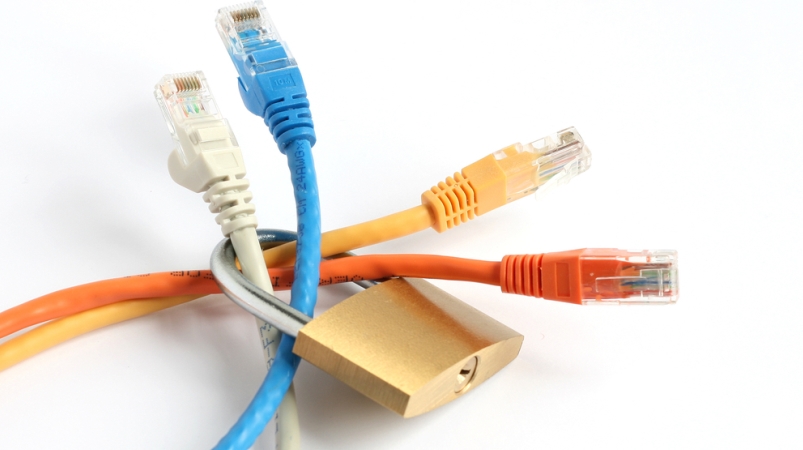Broadband Carriers Ask FCC To Stay Privacy Rules
by Wendy Davis, Staff Writer @wendyndavis, January 30, 2017

The cable and telecom industry is asking the Federal Communications Commission to stay new privacy rules that require carriers to obtain consumers’ consent before drawing on their Web-surfing behavior for ad targeting.
The US Telecom Association, NCTA-The Internet & Television Association, and other groups raise numerous arguments in their 39-page petition, including that the privacy order is “arbitrary and capricious.” The ISPs also argue that granting a stay will preserve the status quo while they pursue their efforts to vacate the privacy rules.
One of the organizations’ major talking points, repeated over and over in the last year, is that Internet service providers shouldn’t be subject to tougher rules than edge providers — meaning online publishers, search engines or other Web companies. (Those “edge providers” aren’t bound by the new rules and need not obtain users’ explicit permission to draw on data about their Web use for ad purposes; instead, many of those companies allow consumers to opt out of receiving behaviorally targeted ads.)
The carriers argue that subjecting them to tougher privacy rules than edge providers “will severely hamper the ability of ISPs to enter and compete in the digital advertising marketplace against large entrenched incumbents.”
It’s worth noting that Verizon executive vice president Marni Walden appeared to contradict that sentiment earlier this month, when she said the new rules won’t prevent the company from moving forward with its plans for targeted ads.
The broadband industry also contends that the FCC’s order “erroneously and irrationally concludes that ISPs have unique and pervasive visibility into broadband customer information relative to other Internet entities.”
It’s not clear why that conclusion is erroneous, given that carriers — unlike any individual Web publisher or social network — have access to all unencrypted sites subscribers visit.
True, a study funded by the telecom industry group Broadband for America, concluded that encryption combined with the proliferation of smartphones and tablets, deprives broadband carriers of comprehensive information about subscribers’ Web use. But other researchers have arrived at different conclusions. The consultancy Upturn, which examined the top 50 sites in health, news and shopping, found that 85% don’t fully support encryption. Upturn also noted that ISPs can glean information about consumers even when they visit encrypted sites.
In any event, consumer groups are expected to urge the FCC to preserve the privacy rules. But they could be facing an uphill battle: FCC Commissioner Ajit Pai, who voted against the privacy rules and the net neutrality rules, has already signaled that he will support a repeal.
MediaPost.com: Search Marketing Daily
(39)


